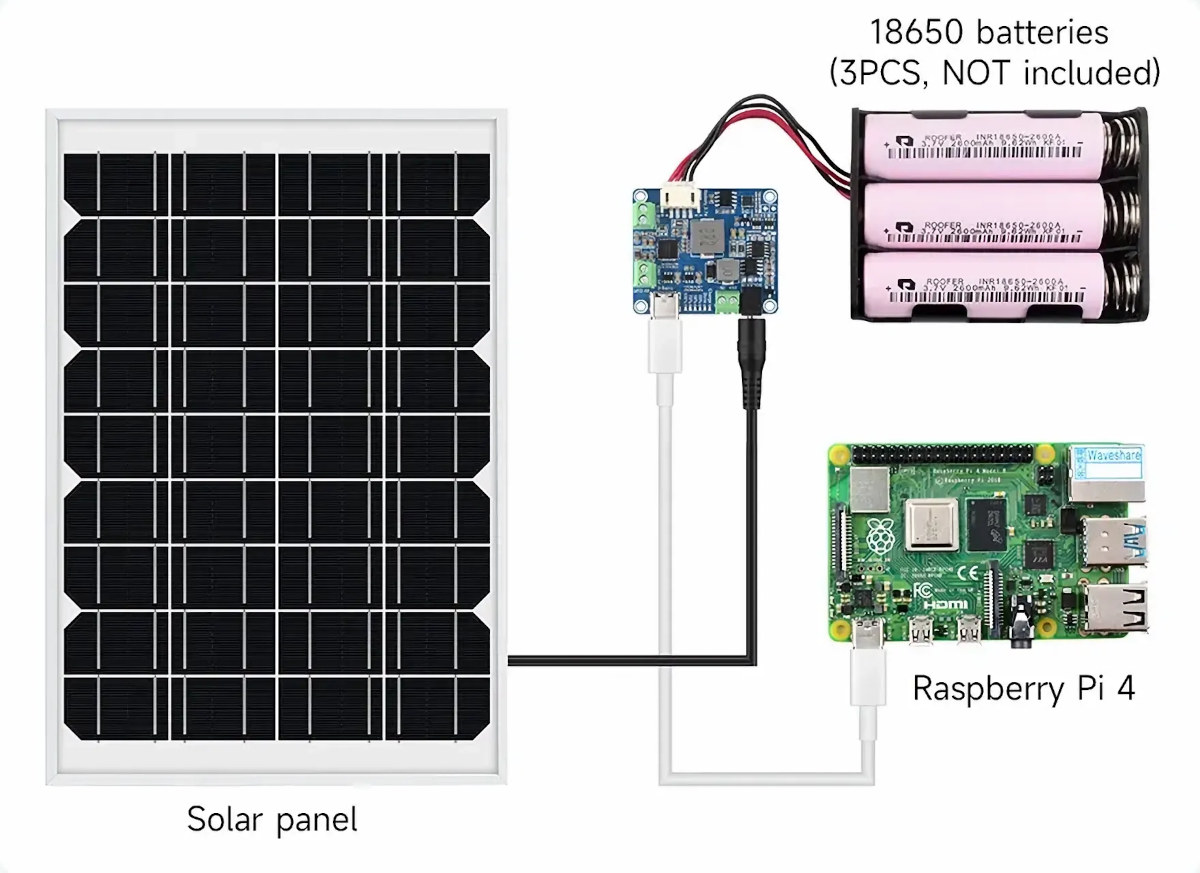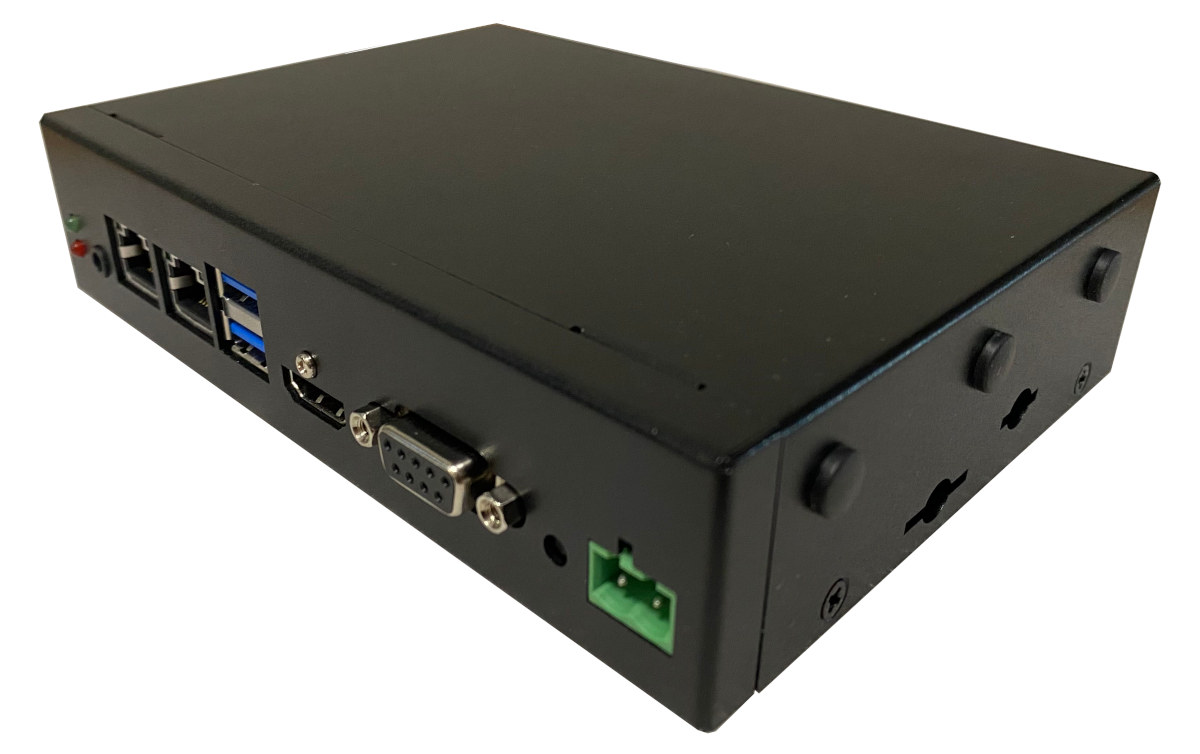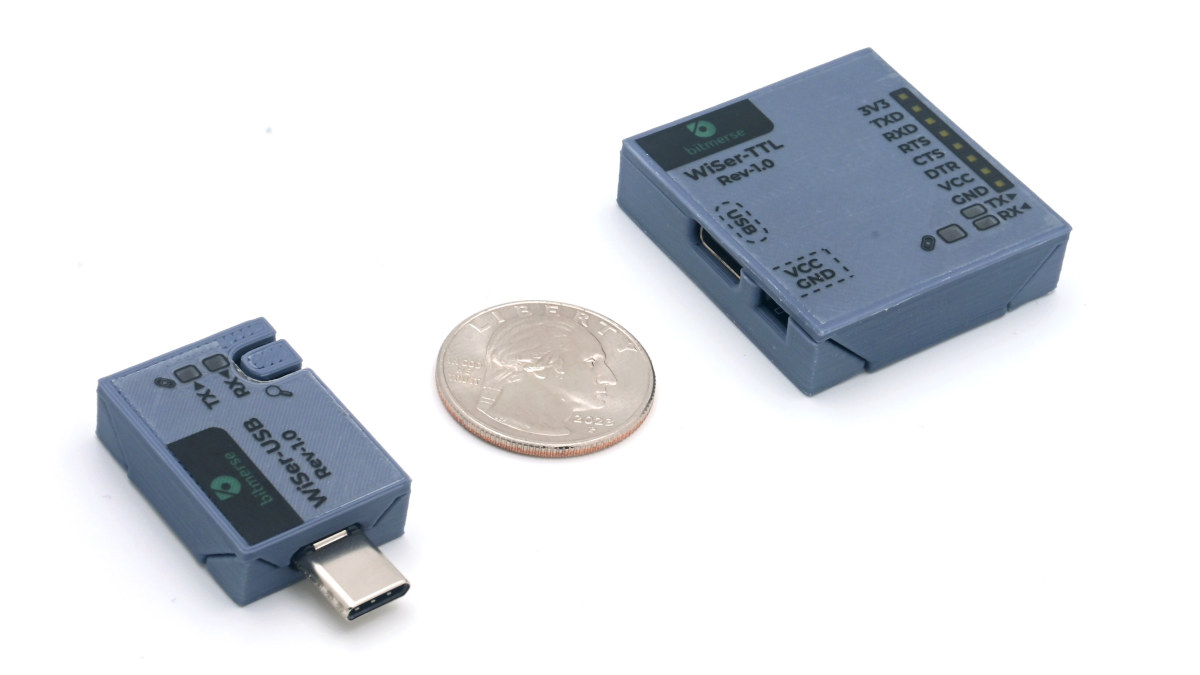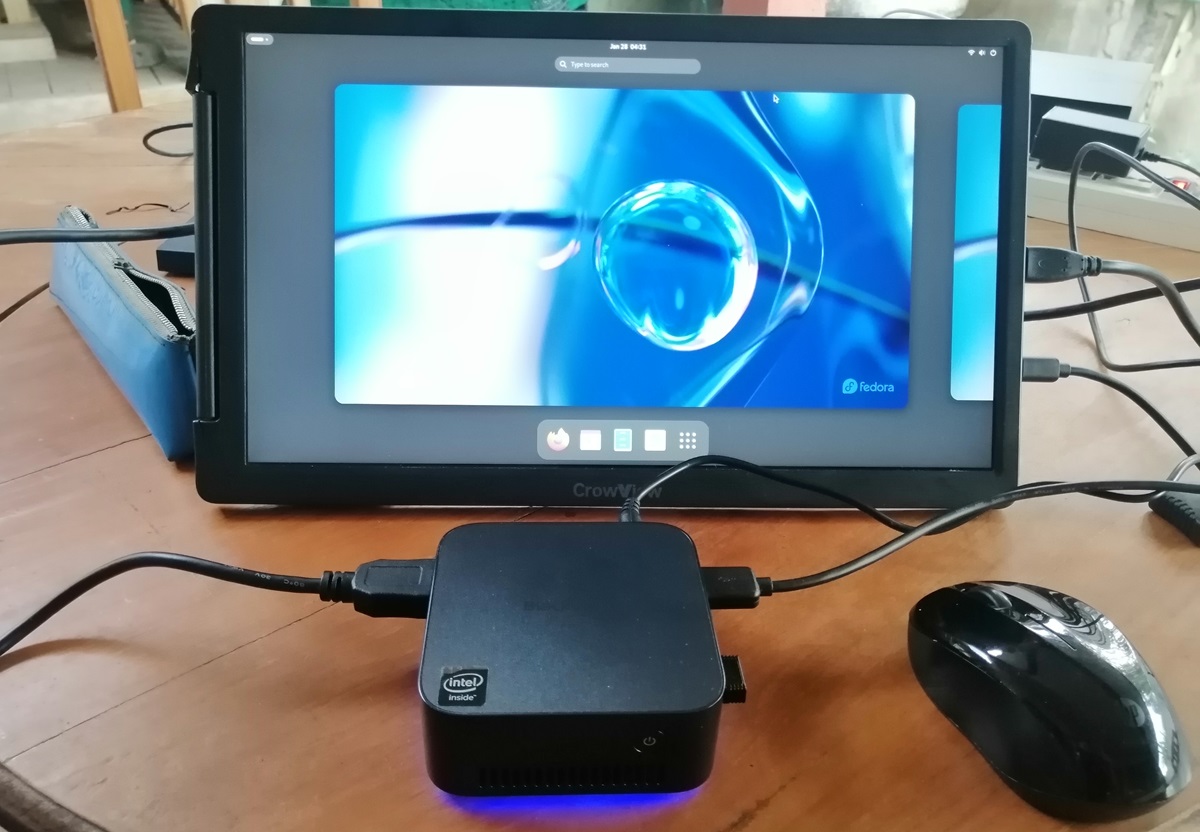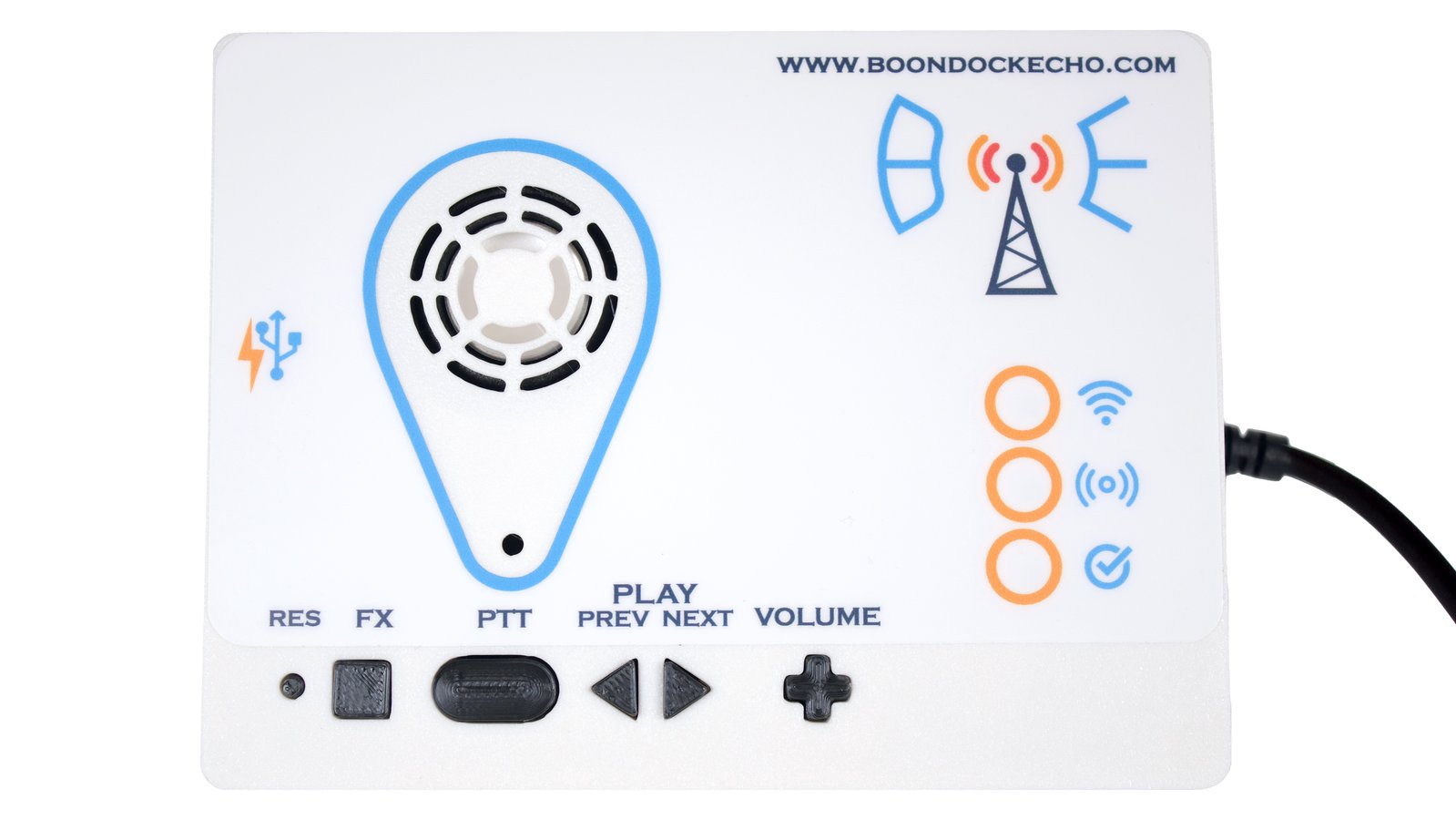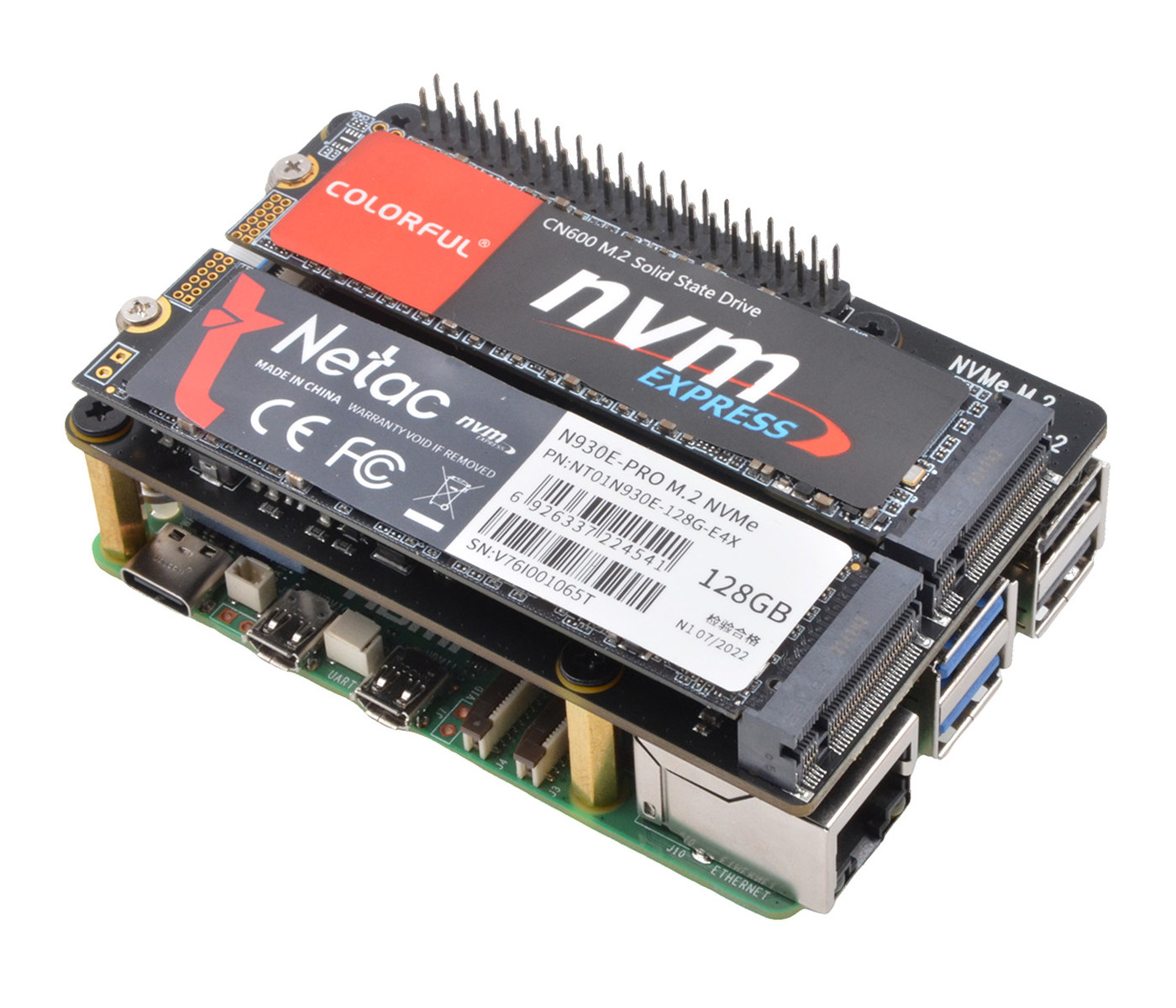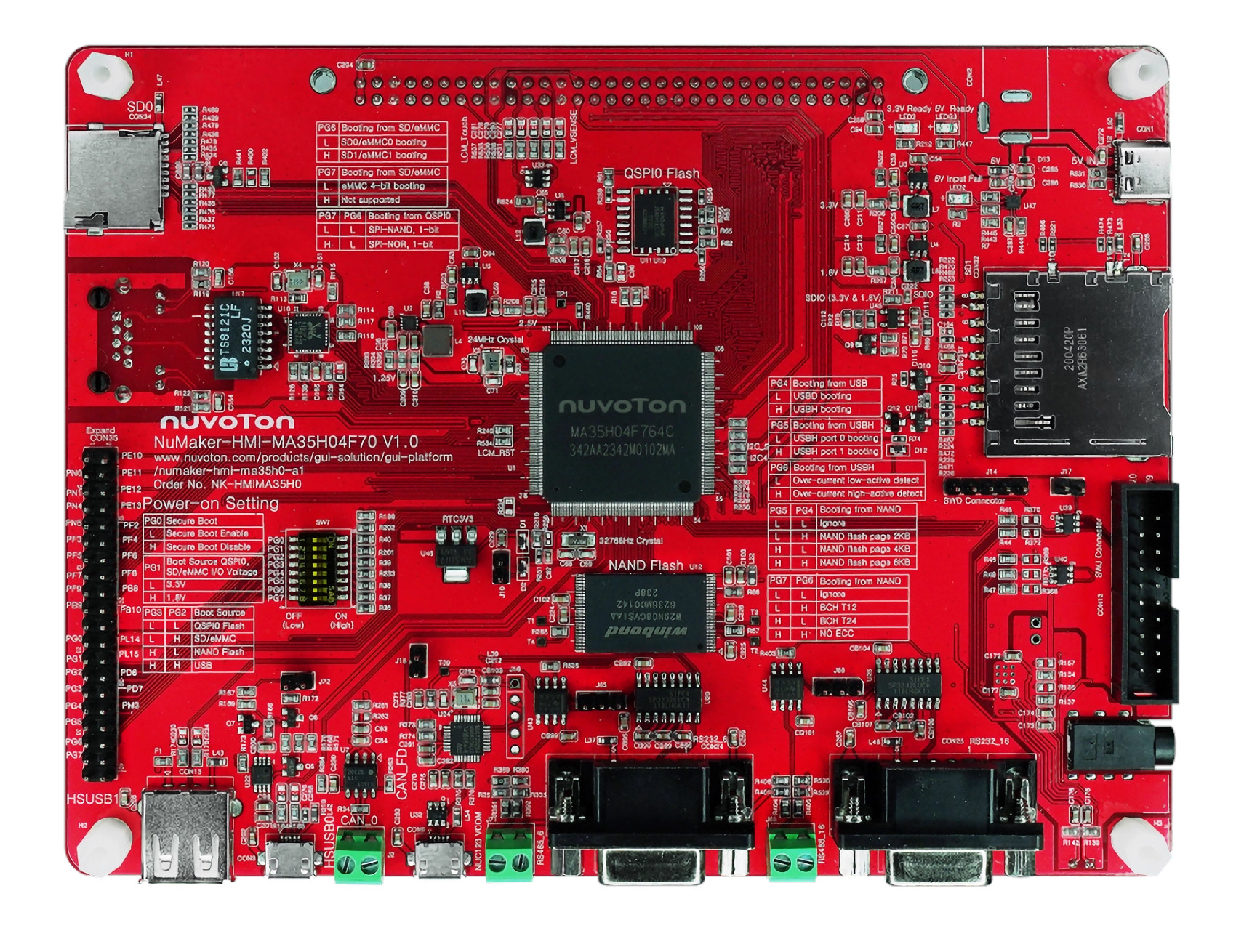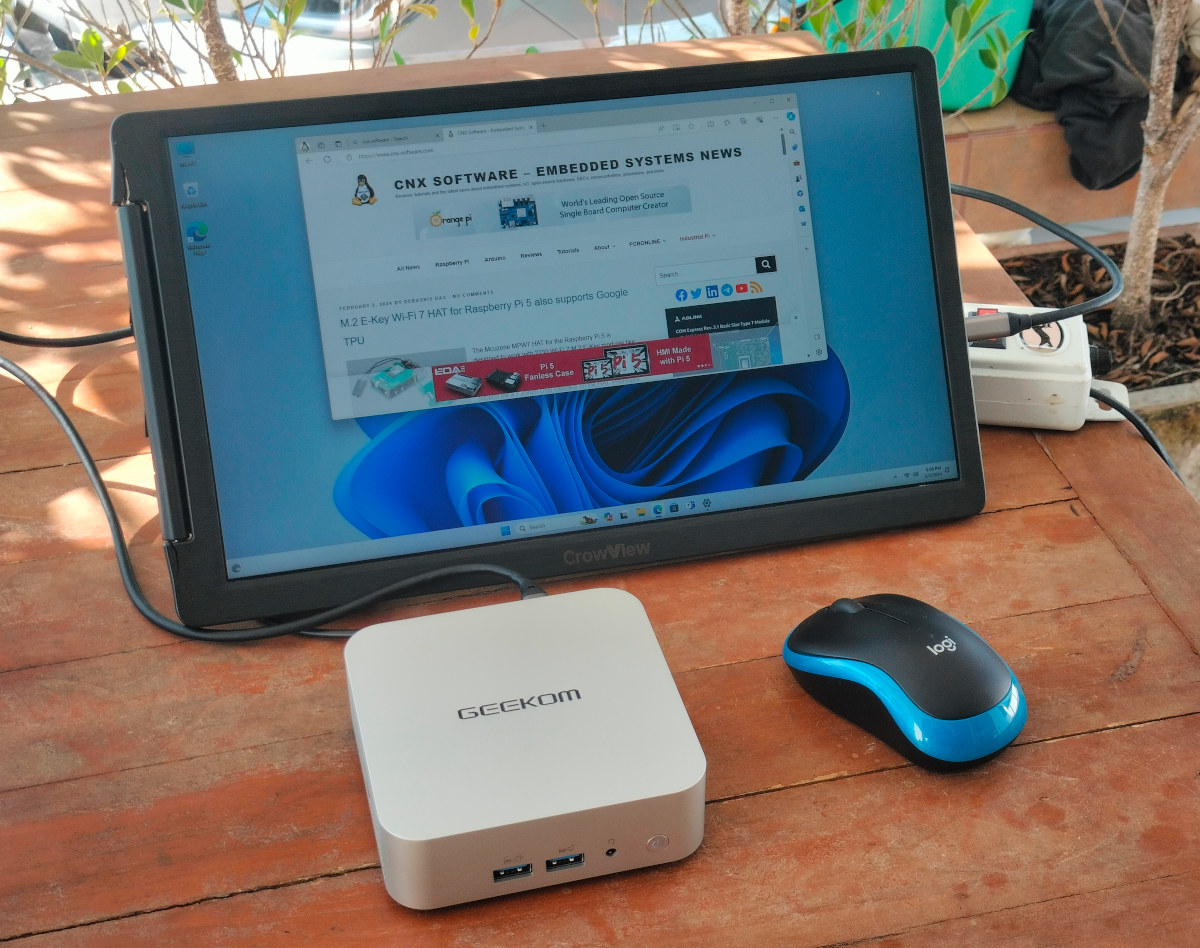Waveshare Solar Power Manager Module (D) is a compact power module for solar panels with support for 6V to 24V input, MPTT (Maximum Power Point Tracking), and battery charging. It outputs 5V up to 3A via a USB-C port or terminal block and should be suitable for a range of projects. A few weeks ago, we wrote about the FireBeetle 2 ESP32-C6 IoT development board with DFRobot highlighting support for solar charging of lithium batteries thanks the the CN3165 chip. But with a range of just 4.5 to 6V for solar panel input and a lack of support for MPTT, several readers were unimpressed by the solution. The Waveshare Solar Power Manager Module (D) recently popped up in my news feed, and I thought it might be worth a look. Waveshare Solar Power Manager Module (D) specifications: Solar panel input 6V to 24V via DC jack or 2-pole screw terminal […]
PANZER-PLUS fanless AIoT computer to support Ubuntu 24.04, Android 14, Yocto 5.0
Taiwan-based MayQueen Technologies has recently introduced the PANZER-PLUS fanless AIoT computer powered by an NXP i.MX 8M Plus Arm SoC with support for Ubuntu 22.04, Android 12/13, and Yocto 4.0 “Kirkstone”, but the company also claims it is working on Ubuntu 24.04 and Android 14 operating systems, as well as Yocto 5.0 “Scarthgap”. The company initially pinged us in 2018 about its NXP iMX6UL-powered PANZER fanless box PC and contacted us again last week with the new PANZER-PLUS model equipped with an NXP i.MX 8M Plus AI processor, which I found only mildly interesting until the company informed me about (planned) software support. So let’s have a closer look. PANZER-PLUS specifications: SoC – NXP i.MX8M Plus CPU – Quad-core Arm Cortex-A53 processor @ 1.8GHz MCU – Arm Cortex-M7 real-time core @ 400 MHz GPU – Vivante GC520L 2D GPU, Vivante GC7000UL 3D GPU VPU – 1080p60 hardware decoder (HEVC, H.264, […]
Wiser wireless-to-serial kit eases the debugging and programming of embedded devices (Crowdfunding)
WiSer is a wireless-to-serial communication kit comprised of a USB dongle (WiSer-USB) and a USB TTL debug board (WiSer-TTL) – both built around an ESP32-S2 microcontroller – that allows users to establish a P2P wireless connection between a host computer and a development board or sensor. It works like a typical USB to TTL debug board except it operates over WiFi, and it’s especially useful to debug code, update firmware, log data, or transfer files without a USB cable or even a Wi-Fi router since the connection to peer-to-peer. It looks especially useful when the host and DUT are too far apart, and my review samples are often on another table around 1.5m from the nearest USB port of my laptop, so I could see some use for it myself… WiSer specifications: Wireless SoC – ESP32-S2 Wi-Fi (and Bluetooth) microcontroller USB – 1x USB Type-C port providing a virtual serial […]
Review of Blackview MP80 Processor N97 mini PC with Fedora 39 Linux (Part 2)
After reviewing the Blackview MP80 (Processor N97) mini PC with Windows 11 in detail, we now had time to test it with Fedora 39 Workstation to find out how well it works in Linux. In this second part of the review, we’ll explain our “choice” of Linux distribution, go through benchmarks and features testing, as well as measure fan noise and power consumption, among other test Finding a Linux distribution that works with Blackview MP80 Last year, we reviewed the Blackview MP80 model equipped with an Intel Processor N95 CPU and after the Windows 11 review, we were unable to install Ubuntu 22.04 on the machine with the company eventually telling us Linux was not supported. But several months after the review, a reader commented he could install Fedora 39 on the Blackview MP80 and that it “worked like a charm“. We thought maybe the BIOS had been updated and […]
The Boondock Echo is an internet-connected ham radio powered by the ESP32-A1S devkit (Crowdfunding)
The Boondock Echo is an open-source, internet-backed recording and playback device for two-way devices. It can denoise, transcribe, translate, and send emails on hearing keywords/call signs. It is a low-cost solution for timeshift radio communication that enables users to monitor frequencies and record audio from a connected radio. Captured messages are uploaded to a server and transcribed using OpenAI. On the cloud server, the audio messages also pass through some DSP (digital speech processing) algorithms for noise reduction and volume normalization to enhance their clarity and usability. The Boondock Echo is aimed at amateur radio operators and first responders in remote areas and during emergencies, situations where traditional two-way radios tend to be unclear and unreliable. Multiple devices can be linked together to form a ‘dockpack’ and monitor/record multiple frequencies at once. Boondock Echo specifications: Mainboard – ESP32-A1S (ESP32 Audio Kit) running at up to 240MHz Expansion Board – Boondock […]
Add two M.2 NVMe SSDs to Raspberry Pi 5 with Geekworm X1004 HAT+
We’ve seen a range of PCIe HAT(+) for the Raspberry Pi 5 taking one NVMe SSD, but Geekworm X1004 is different as it can take up to two standard M.2 2280 SSDs over the Pi 5’s PCIe connector and 40-pin GPIO header. The official Raspberry Pi 5 M.2 HAT+ is not available yet, but we already have an embarrassment of choice with products such as the PineBerry Pi HatDrive, Waveshare PCIe To M.2 HAT+, Pimoroni NVMe Base, and the Geekworm X1003. The latest X1004 adds even more options with support for two M.2 SSDs for up to 8TB storage, although this may not make that much sense on the Pi 5 as we’ll discuss further below. Geekworm X1004 specifications: Supported SBC – Raspberry Pi 5 only Chipset – ASMedia ASM1182e PCI express packet switch with 1x PCIe x1 Gen2 upstream port and 2x PCIe x 1 Gen2 downstream ports 2x […]
Nuvoton MA35H0 is a cost-optimized dual Cortex-A35 MPU for industrial HMI applications
Nuvoton MA35H0 is a 650 MHz dual-core Cortex-A35 MPU designed for industrial HMI applications with up to 1280×800 resolution that offers a cost-down alternative to the 800 MHz Nuvoton MA35D1 microprocessor handling up to 1920×1080 resolutions. The MA35H0 integrates 128MB DDR memory, supports 2D graphics acceleration, JPEG and H.264 video decoding up to 1280×800 at 60 FPS, and is equipped with a range of interfaces such as Fast Ethernet, CAN FD, UART, and up to 154 GPIOs. It is designed to operate in an extended temperature range between -40 and 125°C. Nuvoton NuMicro MA35H0 specifications: CPU sub-system – 2x Cortex-A35 cores running at up to 650 MHz Memory sub-system On-chip 384 KB SRAM 128MB Multi-Chip Package (MCP) DDR Storage Quad SPI NAND flash controller Secure Digital Host Controller (SDHC) Display and Video Sub-system 18-bit 24-bit RGB TFT-LCD display interface up to 1280×800 @ 60 Hz 2D Graphic Engine (GFX) H.264 […]
GEEKOM A7 mini PC review – Part 1: Specs, unboxing, teardown, and first boot
GEEKOM A7 is a compact mini PC powered by an AMD Ryzen 9 7940HS (or Ryzen 7 7840HS) processor with up to 64GB DDR5, up to a 2TB NVMe PCIe Gen 4 x4 SSD, four 4K capable video outputs, 2.5GbE and WiFi 6E connectivity, and six USB ports for expansion. The company sent us a sample of the GEEKOM A7 with an AMD Ryzen 9 7940HS CPU, 32GB DDR5, and 2TB SSD for review. We’ll do a three-part review starting by listing the specifications, checking out the hardware design and accessories, and quickly trying it in the first part of the review, before testing both Windows 11 Pro and Ubuntu 22.04 in detail in a few weeks. GEEKOM A7 specifications SoC (one or the other) AMD Ryzen 9 7940HS 8-core/16-thread processor up to 4.0GHz with 16MB cache, AMD Radeon 780M Graphics; TDP: 35 to 54W AMD Ryzen 7 7840HS 8-core/16-thread […]


